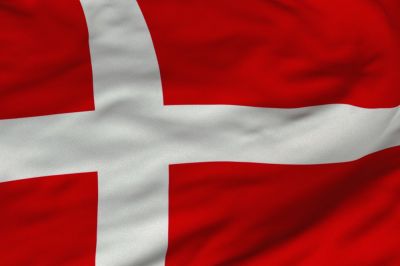Area (km2): 43 094
Population (mln): 5,56
Official language/s: Danish
Internet TLD: .dk
Calling code: +45
Member of the EU from: 1st January 1973
Unemployment rate Sep 2011 (%): 5.8
Unemployment rate under 25 years Sep 2011 (%): 14,6
Unemployment rate Sep 2012 (%): 7.4
Unemployment rate under 25 years Sep 2012 (%): 12.9
Population statistics 20-29 age group 2011 (%): 11,5
Country codes in education system: DK
Expected duration of education (years): 18,8
Danish higher education comprises a
university sector, college sector and an academy sector. There are four
types of institutions offering higher education programmes:
- Academies of professional higher education (offering short-cycle programmes)
- University Colleges (offering medium-cycle programmes)
- Universities (offering long-cycle programmes)
- University level institutions for educations in the arts
Structural changes on institutional level have affected parts of the
system of higher education. All short-cycle higher educations are now
concentrated in nine Academies of professional higher education
(Erhvervsakademier). The majority of medium-cycle education is
concentrated in 7 University Colleges (Professionshøjskoler).
The new university structure also
includes eight universities, five of which are multi-faculty
universities: University of Copenhagen, Aarhus University, Aalborg
University, University of Southern Denmark and Rosikilde University.The
other three universities specialise in fields such as engineering (the
Technical University of Denmark), information technology (The
IT-University) and business studies (Copenhagen Business School).
A
number of university level institutions are regulated by the Danish
Ministry of Culture and offer first, second and third cycle degree
programmes in visual arts, music, cinematography, theater and performing
arts. The bachelor, master and PhD programmes at these institutions are
awarded 180, 120 and 180 ECTS, respectively. A higher education degree
within theatre or cinematography is typically awarded after four years
of study (240 ECTS). Music Academies offer a specialist degree of 2-4
years following the master's degree.
